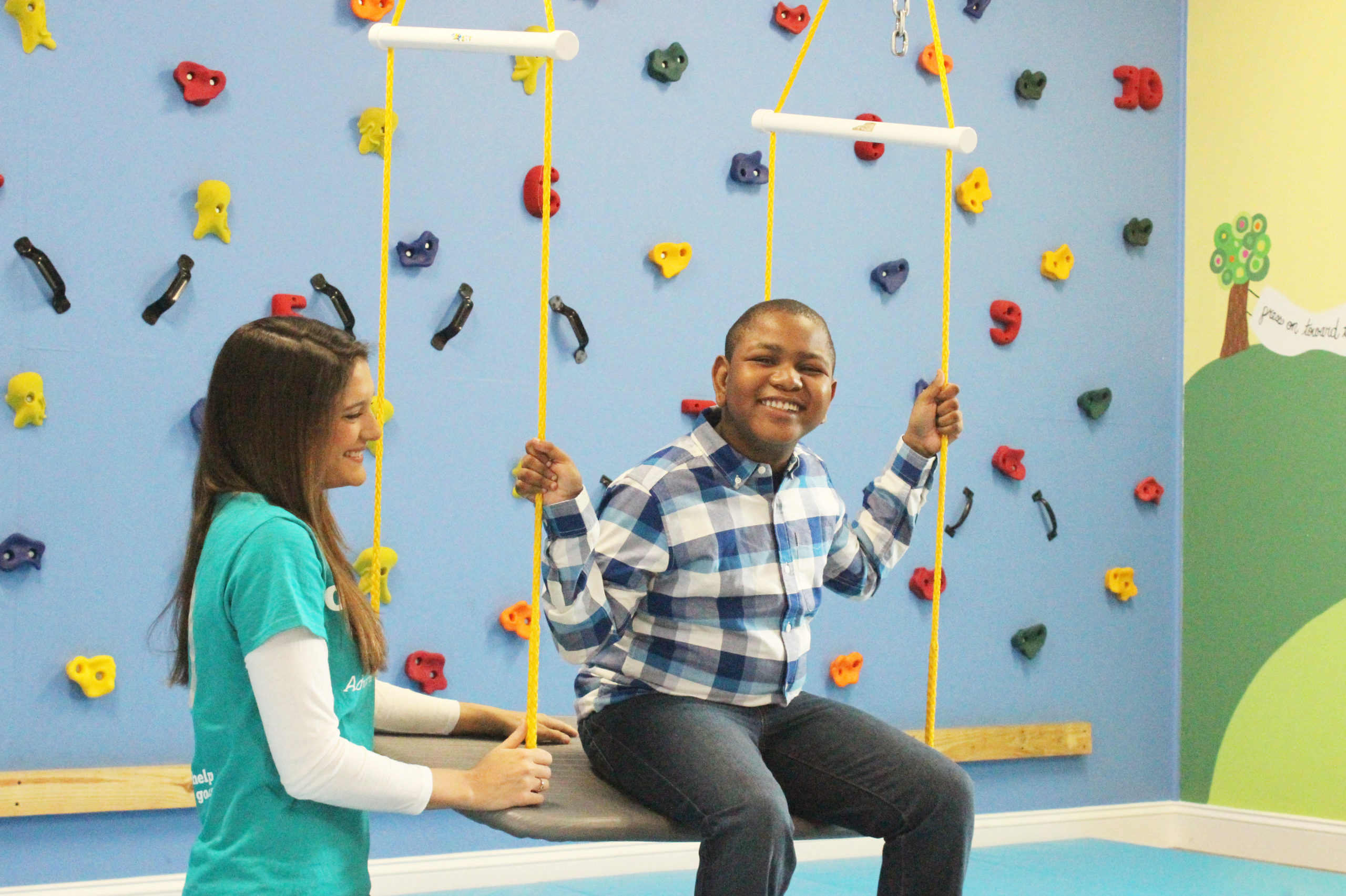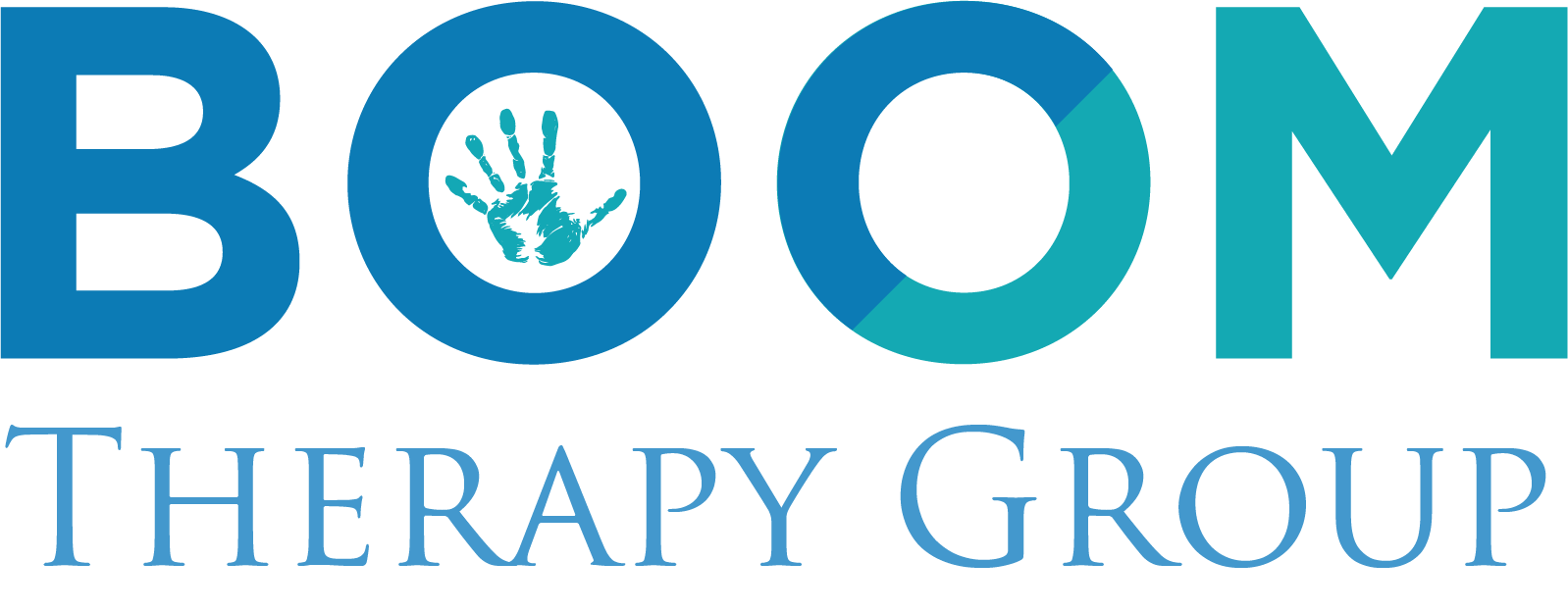Pediatric Occupational Therapy
We have highly trained and experienced occupational therapists who are passionate about their careers focused on occupational therapy for children (we also offer adult occupational therapy). We have a full service pediatric occupational therapy clinic in Lincolnton, NC. We can also do in home and daycare private therapy.
Not sure what pediatric occupational therapy is?
We all know that speech therapy gets you talking and physical therapy gets you walking—but what is occupational therapy? Everything in between, which means we provide therapy to address difficulties related to fine motor skills, sensory processing, and self-help skills. Read below for a full description of common diagnoses as well as milestones your child should be reaching.
Our experienced occupational therapists’ have a wide range of knowledge and intervention techniques to help your child reach their maximum potential. We pride ourselves on our ability to challenge children and help them reach goals that initially appear out of reach.
How do I know if my child needs a pediatric occupational therapy evaluation?
Common pediatric occupational therapy diagnoses we treat include:
- Fine Motor Delay/Coordination disorder
- Self-Help Delay (cannot dress themselves or feed themselves at an age appropriate level)
- Autism Spectrum Disorder
- Cerebral Palsy
- Stroke
- Attention Deficit Hyperactivity Disorder (ADHD)
- Feeding Difficulties
- Traumatic Brain Injury
- Down Syndrome
- Handwriting Difficulties
- Oral Motor Difficulties/low tone
- Sensory Processing Disorder
- Brachial Plexus Injuries

Age Specific Skills
Age Specific Self-Feeding Skills
Age 5-7 months: Takes cereal or pureed baby food from spoon
Age 6-8 months: Attempts to hold bottle but may not retrieve it if it falls (needs to be monitored)
Age 6-9 months: Consumes soft foods that dissolve in the mouth
Age 9-13 months: Finger-feeds self a portion of meals consisting of soft table foods
Age 12-14 months: Dips spoon in food, brings spoonful of food to mouth (often spills food by inverting spoon before it goes into mouth)
Age 15-18 months: Scoops food with spoon and brings it to mouth
Age 24-30 months: Demonstrates interest in using fork (able to stab food) and proficient with it
Age Specific Fine Motor Skills
Age 6 months: Can bring hands to midline
Age 7 months: Transfers items hand to hand
Age 9 months: Able to clap hands
Age 14 months: Able to scribble
Age 19-20 months: Able to complete knob puzzles
Age 23-25 months: Able to draw vertical & horizontal lines
Age 29-30 months: Able to stack 10 blocks
Age 33 months: Can copy circle
Age 3: Able to cut a piece of paper in half
Able to copy cross
Age 4: Can copy a square
Able to cut a straight line
Age 5: Start to color inside the lines
Cut out basic shapes
Trace/write name
Age Specific Self-dressing Skills
Age 1: Cooperates with dressing (holds out arms & feet)
Pulls off shoes, Removes socks
Age 2: Removes unfastened coat
Helps pull down pants, Finds armholes in pullover shirt
Age 2 ½: Removes pull-down pants (with elastic waist)
Assists in pulling on socks, Puts on front-button coat or shirt
Age 3: Puts on pullover shirt with minimal assistance
Puts on shoes without fasteners (may be on the wrong feet), Independently pulls down pants, Zips & unzips jacket once on track, Needs assistance to remove pullover shirt, Buttons large front buttons
Age 4: Removes pullover garment independently
Buckles shoes or belt, Zips jacket zipper, Puts on socks correctly, Puts on shoes (needs assistance in tying laces), Consistently identifies the front and back of garments
Age 4 ½: Puts belt in loops
Age 5: Ties and unties knots
Dresses unsupervised
Age 6: Ties bows
Manipulate snaps
